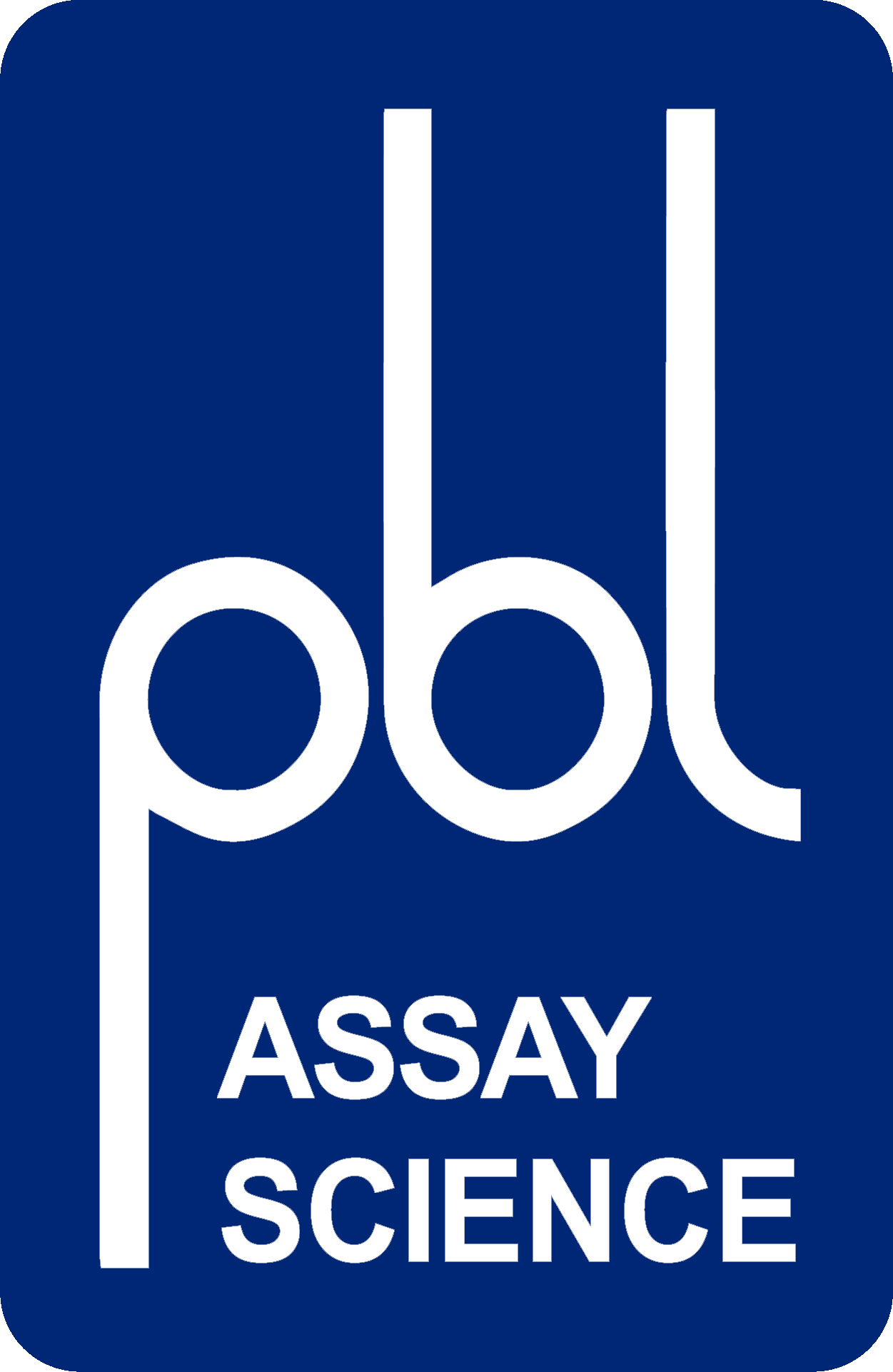Human IFN-Alpha 17 (Alpha I) Protein
Catalog Number: 11150
Human Interferon Alpha 17 recombinant protein expressed in E.coli.
$335.00
Product Info
Recombinant Human Interferon Alpha I (alpha 17) obtained from human leukocyte mRNA expressed in E.coli.
IFN alpha 17 is one of the many interferon alpha subtypes belonging to the Type I leukocyte IFN family. The Type I IFN family has antiviral, anti-proliferative, and natural killer cell activities.
- Expression induced by viral infection
- Encoding gene IFNA17
Specifications
| Formulation | Supplied frozen in phosphate-buffered saline (PBS) containing 0.1% Bovine Serum Albumin (BSA) |
|---|---|
| Molecular Weight | 19.3 kDa |
| Source | cDNA obtained from human leukocyte mRNA expressed in E.coli |
| Purity | > 95% by SDS-PAGE stained by Coomassie Blue |
| Bioactivity | Measured using a cytopathic inhibition assay on Bovine Kidney Cells (MDBK) with Vesicular Stomatis Virus (VSV); human lung carcinoma cell line A549 with encephalomyocarditis virus (EMCV) |
| Storage |
For retention of full activity store at -70 ºC or below and avoid repeated freeze-thaw cycles |
| Synonyms | Hu-IFN-α17 |
| Accession Number | V00532 |
Tech Info & Data
Application Note
- A Comparison of the Binding of IFN-Alpha Subtypes to Isolated IFNAR1 and IFNAR2 with Activity in Antiviral and Antiproliferative Assays (link)
Citations
6 Citations
- Li, Y.,et al., (2023), "An Extracellular Humanized IFNAR Immunocompetent Mouse Model for Analyses of Human Interferon Alpha and Subtypes", Emerg Microbes Infect. 2287681. PMID: 37994664, DOI: 10.1080/22221751.2023.2287681 (link)
- Smith, N. et al., (2022), Defective activation and regulation of type I interferon immunity is associated with increasing COVID-19 severity., Nat. Commun. PMID: 36434007, DOI: 10.1038/s41467-022-34895-1 (link)
- Smith, et al. (2019). Control of TLR7-mediated type I IFN signaling in pDCs through CXCR4 engagement-A new target for lupus treatment. Science Advances, 14 pgs. PMID: 31309143. (link)
- Reynolds, et al. (2019). Type I interferon in patients with systemic autoimmune rheumatic disease is associated with haematological abnormalities and specific autoantibody profiles. Arthritis Research & Therapy, 12 pgs. PMID: 31200750. (link)
- Wilson, Timothy R, et al. (2012). Widespread potential for growth-factor-driven resistance to anticancer kinase inhibitors. Nature, 12 pgs. PMID: 22763448. (link)
- Kang, Dong-Chul, et al. (2004). Expression Analysis and Genomic Characterization of Human Melanoma Differentiation Associated Gene-5, mda-5: a Novel Type I Interferon-Responsive Apoptosis-Inducing Gene. Oncogene, 12 pgs. PMID: 14676839. (link)

